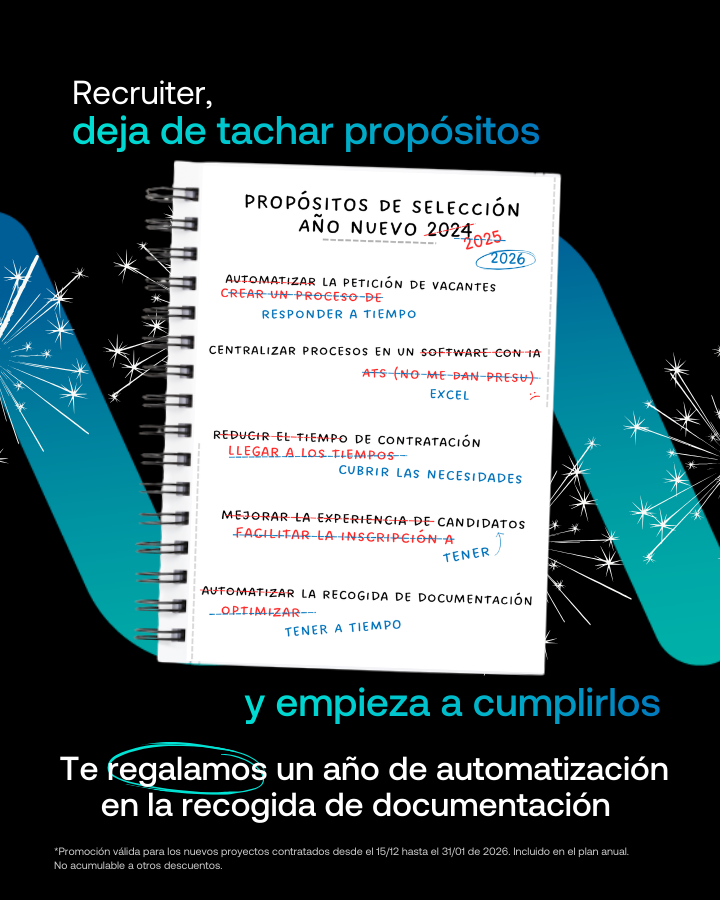X, Y, Z Theories of Human Resources

What do the X and Z theories consist of?
It is clear that not all people are the same, which means that the management style will vary, depending on whether one person or another manages it.
Douglas McGregor studied the behavior of managers and observed that they choose one management style, or another, depending on what the people in charge are like: this is how the Theory X and Theory Y.
These are two totally opposite styles of management: on the one hand, the purely authoritarian style, characterized by leading with imperative orders (X).
On the other hand, a more democratic way of leading, since decisions are made in a participatory way between interested people (Y)
Due to the radicality of theories X and Y, a theory is created that balances the previous two the Theory Z, also called the “Japanese method”, developed by William Ouchi. This theory analyzes that the human being has a variable attitude.
Let's get to know these theories a little more:
.png)
X THEORY
This theory is based on the fact that people dislike work, because of their laziness, people must be controlled, threatened and directed, so that they can carry out the necessary effort to achieve the company's objectives. They don't assume responsibility, so you have to be authoritarian, offering policies, rules and great control.

Therefore, organizations must develop very strict oversight mechanisms.
As a result, specialists thought that workers should be trained in repetitive tasks. In this way, automatic responses could be obtained and with them, efficiency could be improved.
They called this the parameters of certainty. In other words, in the face of such pressure, and with specific training, a specific response is obtained.
Behind this traditional theory there are several additional beliefs such as:
- The man is negligent by nature, avoids work or works as little as possible and prefers to be led.
- He lacks ambition: he avoids responsibility and prefers to be free from obligations.
- It is fundamentally egocentric in the face of the organization's needs.
- His very nature leads him to oppose changes, as he yearns for security.
According to McGregor, this behavior It's not the cause, but the effect of some negative experience in an organization.
Y THEORY
In Theory Y, it is assumed that employees enjoy work, seek responsibility and have strong intrinsic motivation. To encourage this type of behaviour, it is key to provide them with adequate autonomy and ensure that they feel committed to the company's objectives.
A good start to achieving this is to ensure that new employees are properly integrated into the company culture. Using tools such as automated onboarding
facilitates efficient integration, ensuring that employees can adapt quickly and take on responsibilities from the outset.

The way in which people can be committed to company objectives is based on rewards for achievement. Workers will commit to the company's objectives in exchange for the compensation associated with their achievement, since they don't really dislike working, so the greater the reward offered, the greater the degree of commitment.
Main features:
- The manager promotes the well-being of the worker so that motivation is present.
- The leader is aware that the worker can organize himself, encouraging this part with adequate conditions to function properly in the professional field.
- The manager believes that doing a job well done is an important motivation for the employee.
- The leader considers the worker to be self-sufficient and effective if they are provided with adequate tools that satisfy them.
Z THEORY
La Theory Z is based on humanism and the trust of workers with their superiors.
According to William Ouchi, good relationships are key to productivity, emphasizing the need to create a new business culture, in which the employee feels valued by the organization itself. This basically involved creating another type of philosophy in which managers were participants in work dynamics. Work with the same objectives and develop training and promotion mechanisms.
They are work environments in which employees feel integrated, motivated and create very positive links between the entire human team that makes up these organizations.
Theory Z promotes teamwork, trust, and collective decision-making. In this way, a company will increase its productivity.
To ensure that working relationships are effective and that information flows properly between all levels of the company, having an efficient document management system is essential. Velora HR's Documentation Manager allows you to organise and share information smoothly, improving communication and facilitating collaboration between teams.

Main features:
- Collective decision-making
- Continuing training
- Stable and long-term employment
- Work turnover
- The importance of reconciliation
- Interpersonal trust

Theory Z of leadership and the need to know each employee
A good leader must know how to communicate with each worker. Not only do you need to know their names, you need to understand what each person is like, discover their story, needs and frustrations. With this, not only will you be able to improve your situation, but you will also be able to know what deficiencies the company has and strengthen your commitment to it.
We know that these precepts are difficult to fulfill and develop in the 21st century. In such a fluid and unstable labor market, it is not easy for an employee to commit to a company in body, talent and soul. Although in practice this approach is not always fulfilled, the theory is pleasant and inspiring.
In fact, there are North American companies that follow this trend and that are well positioned in the market.
Perhaps, we just need to reformulate a lot of policies and mentalities.
.jpg)
Fulfill your selection purposes
Recruiter, fulfill your recruitment purposes in 2026 with the help of Velora. And as a gift, a free year on automatic document request.

Related articles
More articles to inspire your HR strategy









